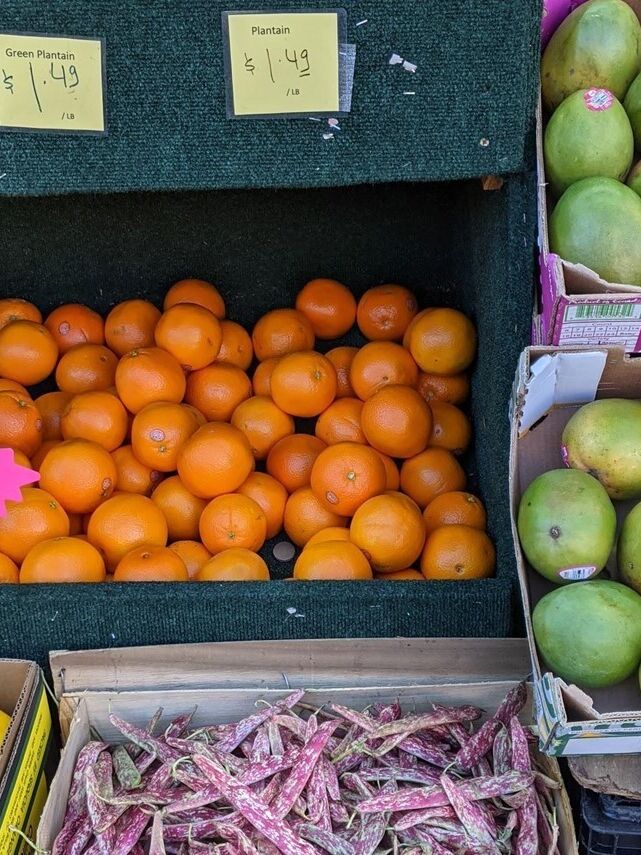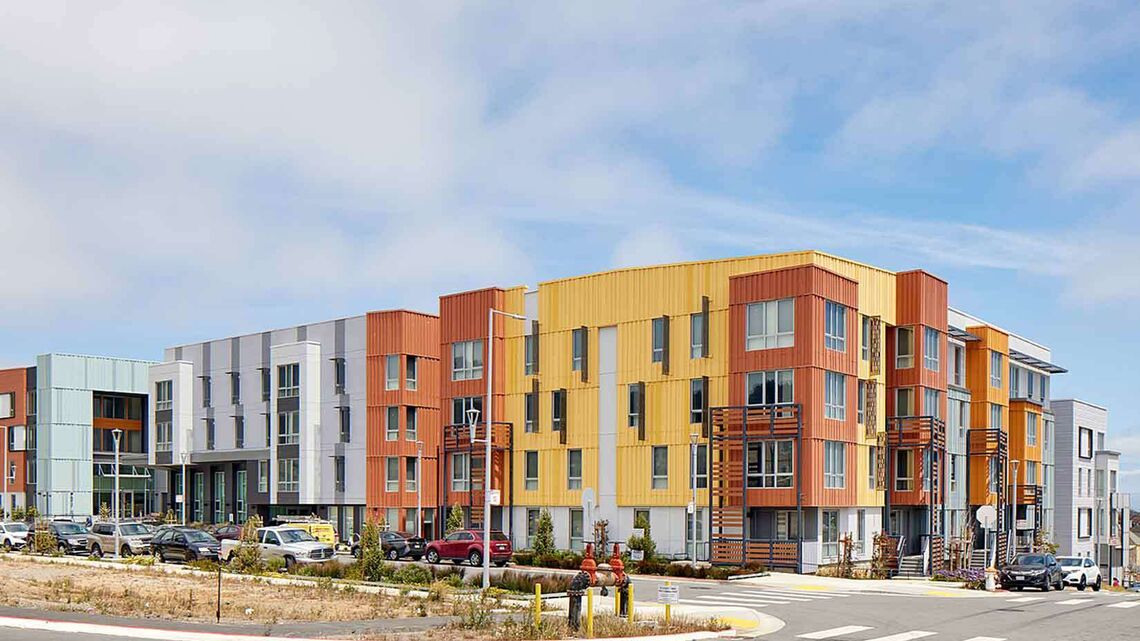SYNOPSIS
Sunnydale, a historically isolated public housing community in San Francisco, is undergoing a transformation into a mixed-income community through a private/public partnership led by the City and County of San Francisco Housing Authority, community organizations, and developers Mercy Housing California and Related California. The community planning process engaged Sunnydale residents and surrounding neighborhoods to align with their goals and address their concerns. This revitalization effort, part of the HOPE SF Initiative, is San Francisco's largest anti-poverty collaboration aimed at creating a healthy, dynamic, and diverse community for its residents. Sunnydale HOPE SF will replace 775 poorly maintained apartments with a new, mixed-income neighborhood of 1,700 homes that includes a one-for-one replacement of public housing, new affordable rental housing, and affordable home ownership housing options.
In support of the above, Urbane, as part of a project team led by Onside Partners, was contracted by Mercy Housing to collaboratively create effective, resident-centered programs and systems that promote food security and access to quality, nutritious, and culturally appropriate food options. The Team designed a mixed-methods participatory approach that focused primarily on gathering residents’ perspectives, priorities, and information about current behavior. Led by resident input, the Team developed a three-prong strategy that addressed food security primarily through food retail, emergency food services, and a community garden.


